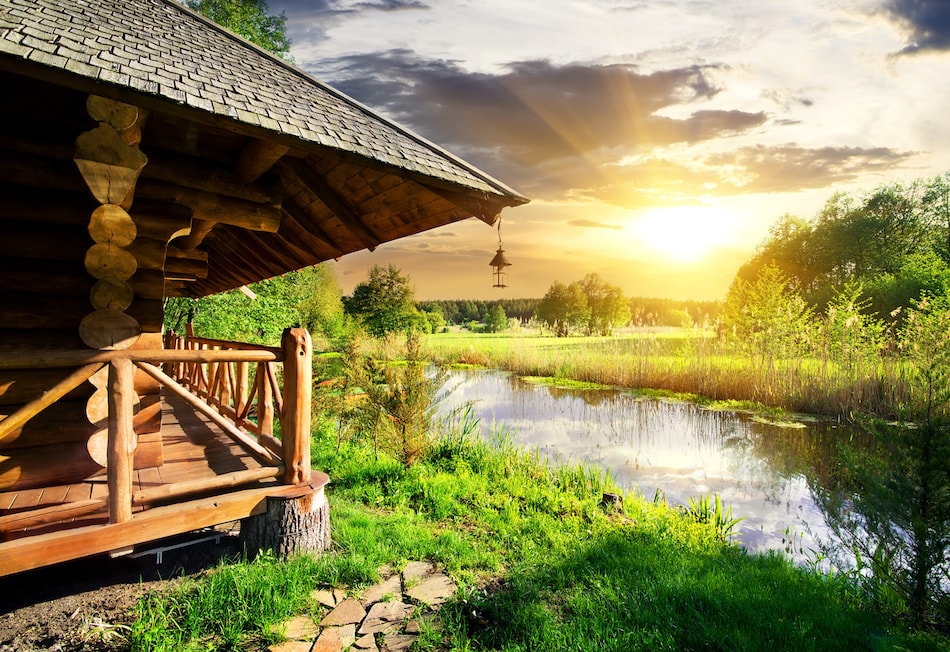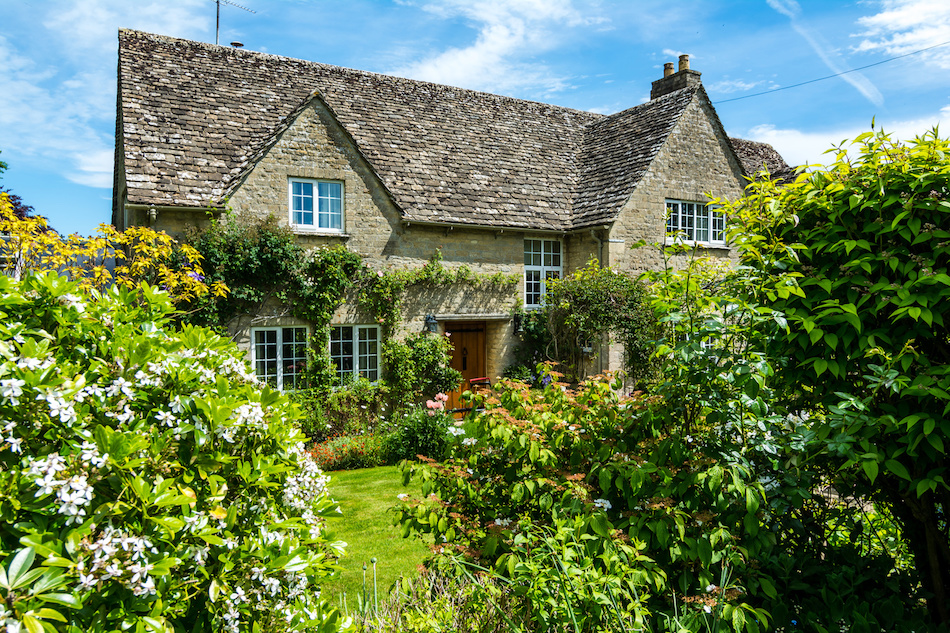Rural Home Buying: What to Know Before Making a Purchase
Posted by Justin Havre on Friday, September 14th, 2018 at 3:52pm.
 For every similarity that rural and urban homes have in the home buying process, there are a handful of important differences to be aware of. Rural areas offer a lot of benefits, but you have to be prepared for the lifestyle and challenges that come with rural living.
For every similarity that rural and urban homes have in the home buying process, there are a handful of important differences to be aware of. Rural areas offer a lot of benefits, but you have to be prepared for the lifestyle and challenges that come with rural living.
These four questions can help you to quickly establish the nature of the rural homes you may want to buy.
What are the Limits on Construction?
In many cases, buying rural property means that you have fewer limits on what you can do with the space. Without a homeowners association or even neighbours nearby, you may be able to get more creative in building up your home.
However, you should still look at the zoning and ordinances of the area. If you plan to keep horses or livestock, confirm that the property is zoned for it. Are there guidelines concerning the number and height of outbuildings? You may want to build a barn for your horses, but you need to see if the property limits you to the outbuildings that are already there.
What to Know About Rural Amenities
Buying a rural property is far different from buying a home in the city. Far from municipal services, many owners of rural homes must adjust their entire lifestyle to living in a house in the country. Knowing the most common issues that people must face when moving into a rural house can help prospective buyers decide whether or not a rural property is right for their needs.
Septic Tanks
Many rural properties drain waste water into a septic tank, which must be maintained by the property owner. In order to maintain functionality, septic tanks must be pumped every two or three years. In addition, septic tanks can be very sensitive to certain materials, like antibiotics and antibacterial soaps. This means that homeowners with septic tanks must watch what they dump down their drains and keep track of the septic pumping schedule.
Private Roads
Many rural homes are located on private roads. Private roads require just as much maintenance as public roads, but the property owner must handle the maintenance. DIY-ers may be able to patch potholes themselves, but larger repairs may need to be handled by a contractor. If the home you're thinking about buying is located on a private road, research road repair and get ready to spend money on the annual maintenance and repair of your private road.
Property Maintenance
Large rural properties that cover many acres can require a lot of maintenance. Clearing downed trees, cutting the grass, maintaining the fences, and other tasks can be very labor-intensive and time consuming. Having a plan to maintain a large rural property is important. Homeowners who work at full-time jobs in a nearby city may need to seek help from a part-time farmhand or yard crew.
Trash Pickup
Some rural properties do not get regular trash pick up from the city sanitation department. Homeowners who live in the country may need to dispose of the trash at the local dump and compost food waste. Knowing in advance whether or not the trash is picked up regularly is important. If there is no trash pick-up, find out how far the garbage dump is from the house and how much it costs to dump off trash at the facility.
Power Outages
Power outages can last a long time in rural communities. The farther a home is from the nearest town or city, the longer it may take the utility company to fix downed wires and other problems. Knowing how long a typical power outage will last can help homeowners decide whether or not they need a generator to keep the house going during times of inclement weather.
Who Are the Neighbours?

Many times you will look out from a property and only see a fence. However, even if you cannot see your neighbours, you still share property lines with someone. Get to know the owners of the plots next to yours. It may be a business and not a residential homeowner. Find out what the owner does with the property. Rural areas can be quieter, but they are also common places for:
- raising and maintaining livestock
- industrial work
- mining
- agriculture
A little investment in researching the surrounding properties before you make an offer could save you a lot of frustration.
What Does Year-Round Accessibility Look Like?
The farther a home is from a town or city, the longer it may take to plow the roads. Some rural homeowners will plow their own roads to ensure that they can get to town when needed. However, snow and ice can still make travel difficult at the coldest times of winter. Having a four-wheel-drive vehicle may be important. To be prepared, find out typical road conditions in winter. This is especially important for homeowners who work in town and must make the trip on a regular basis.
If you look at properties in the late spring, summer and early fall, you are likely seeing the area when transport is at its very easiest. For regions that have more than a mild winter, you need to know what that winter is going to look like for you. Rural roads tend to be the last to be cleared during heavy snowfall. You may be required to buy a special vehicle, purchase snow tires or keep chains in your vehicle just to get to and from town. Ask about emergency response times, and which kinds of emergency services are generally available to you.
Work With a Real Estate Agent
Owning a home in the country can be very peaceful and rewarding, but it can also be a lot of work. A real estate agent can help prospective rural buyers explore these issues and others as they come up during the home-buying process. Knowing what to expect from a rural property can help buyers decide if a rural property is right for their needs. For more information about country living, talk to an experienced real estate agent who has helped home buyers make purchases in rural communities in the past.
Do you long for a property that is far from the lights and crowd from the city? Rural homes might be ideal for you. By asking these four questions, you may get a better sense of what you want when buying your home.

